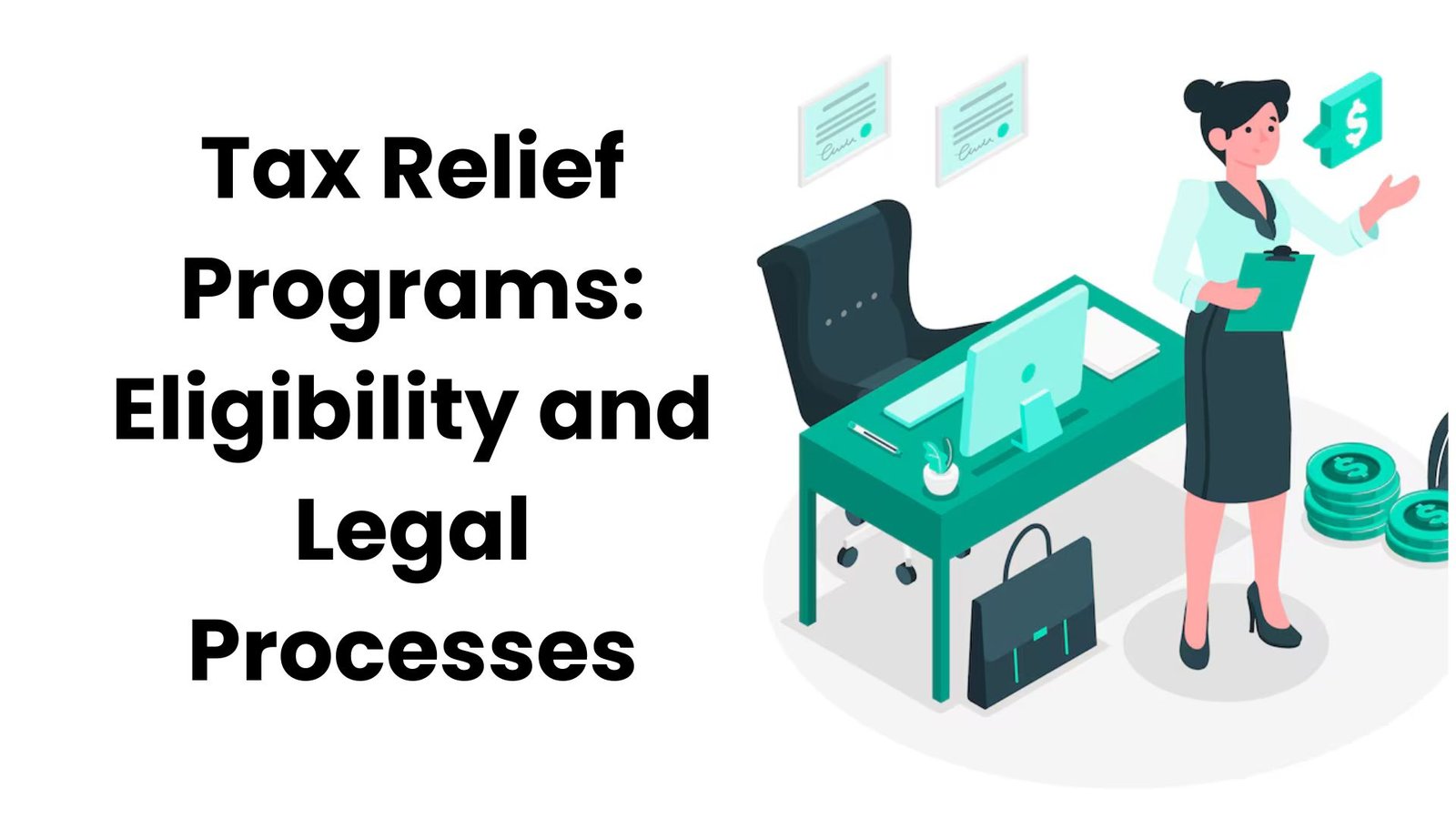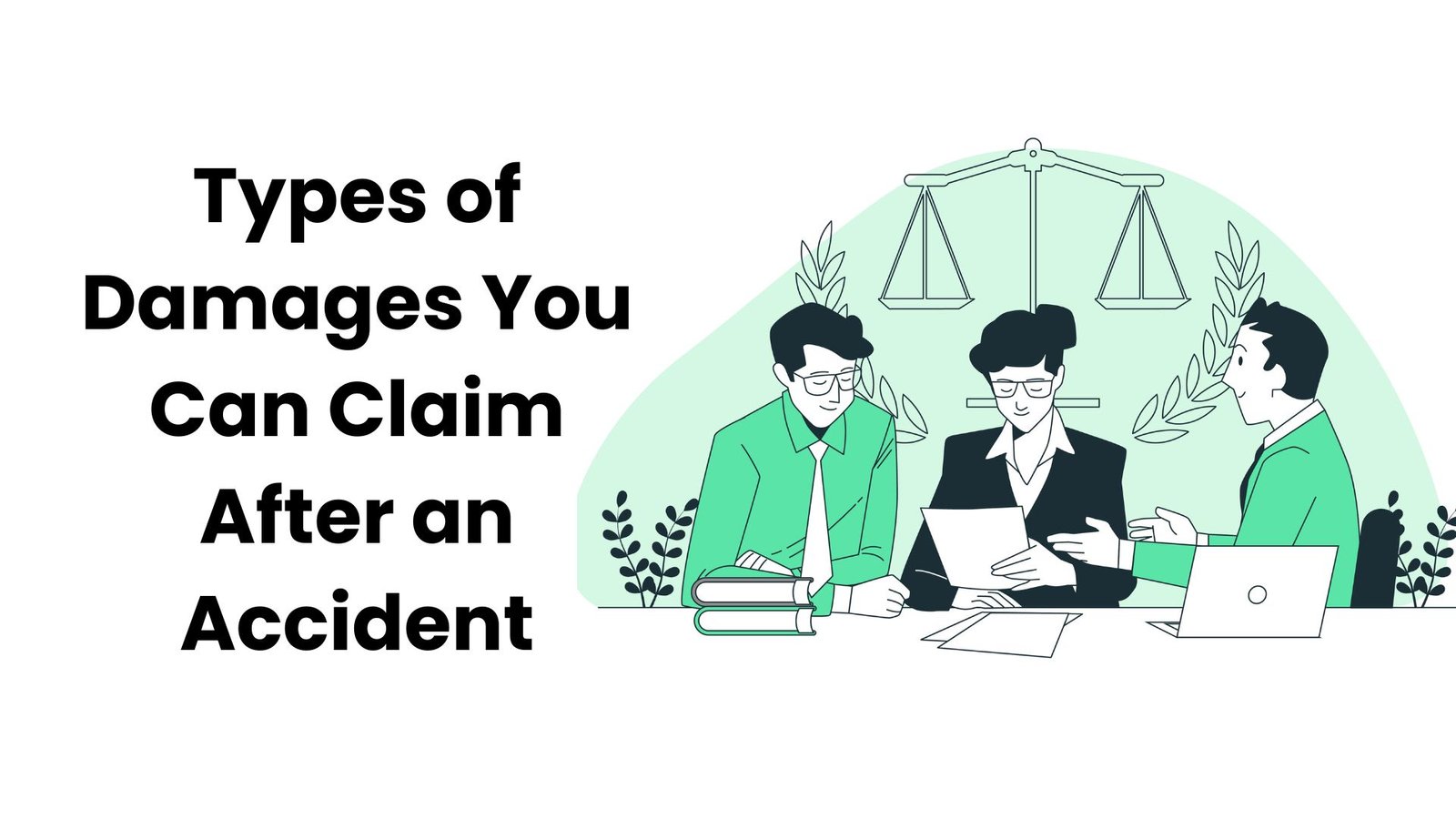How to Choose the Right Criminal Defense Attorney
Introduction: Why the Right Attorney Makes All the Difference
Facing criminal charges is one of the most stressful, life-altering events anyone can experience. Whether it’s a misdemeanor or a serious felony, the stakes are incredibly high. Your freedom, your reputation, and even your future employment prospects could be on the line.
In moments like these, knowing how to choose the right criminal defense attorney can be the single most important decision you make.
But how do you navigate the overwhelming list of options, all claiming to be the best?
This guide will walk you through what really matters—based on real-world experience, client outcomes, and industry best practices—so you can make an informed choice that protects your rights and builds the strongest defense possible.
How to Choose the Right Criminal Defense Attorney….
1. Experience That Matters: Prioritizing Courtroom and Local Knowledge
The first thing to consider is the attorney’s courtroom experience. Not all lawyers have the same level of exposure to trial litigation. Some may excel at plea negotiations, while others are seasoned trial warriors. If your case ends up going to court, you want someone who is not only familiar with courtroom procedures but who thrives under pressure in front of a judge and jury.
Equally important is local court knowledge. Every court operates a little differently, with unique administrative rules, unwritten protocols, and varying attitudes among prosecutors and judges. A local criminal defense attorney will have insights into these subtleties, which can significantly influence how your case is handled.
For example, an attorney who regularly practices in your jurisdiction may know how a particular prosecutor approaches drug offenses or whether a judge is more lenient on first-time offenders.
2. The Power of Reputation: Ethics, Reviews, and Trust
When your future is on the line, your attorney’s reputation can open—or close—doors. A strong ethical record is a non-negotiable. Attorneys who have faced disciplinary action or have a history of complaints may put your case at risk, not to mention your peace of mind.
Next, dive into client testimonials. Real reviews from past clients give you a glimpse into the attorney’s communication style, dedication, and overall effectiveness. Look for patterns: Do multiple clients mention feeling supported and well-informed?
Are there complaints about lack of follow-through or unreturned calls? These insights speak volumes.
Equally important is attorney-client trust. You need to feel confident sharing personal information, asking difficult questions, and relying on your attorney’s advice. The relationship is collaborative—trust is the foundation. If you feel dismissed or judged during your consultation, that’s a red flag.
3. Transparency and Support: Knowing What You’re Getting Into
One of the most overlooked factors in choosing a defense lawyer is transparent billing. Legal fees can be confusing, and the last thing you want during a criminal case is surprise charges or unclear invoicing. A good attorney will walk you through the cost structure upfront, explaining hourly rates, flat fees, retainer agreements, and what’s included (and what’s not).
Support extends beyond your lawyer. Top-tier defense attorneys often work with teams that include private investigators, forensic experts, and paralegals who can uncover evidence, verify alibis, or poke holes in the prosecution’s case. Ask who will be working on your defense and how they plan to utilize these resources.
4. Preparedness and Strategy: Building a Winning Defense
Every case is different, which means a one-size-fits-all approach won’t cut it. You want a lawyer who demonstrates trial readiness, not one who pushes you toward a plea deal without exploring other avenues. Ask potential attorneys how often they take cases to trial and what their success rates look like.
Beyond readiness, ask about their legal strategy. How do they plan to approach your case? What are the weaknesses in the prosecution’s argument? Are there any constitutional violations (like unlawful search and seizure) that could lead to suppressed evidence?
A well-prepared attorney will have a clear game plan and the flexibility to pivot as new facts emerge.
5. Red Flags and Final Thoughts: Knowing When to Walk Away
While this guide focuses on what to look for, it’s equally important to know what to avoid. Be wary of attorneys who:
- Guarantee a specific outcome (no one can promise results)
- Lack experience in criminal defense
- Are vague about pricing or avoid tough questions
- Don’t ask detailed questions about your case
- Pressure you into decisions without explaining your options
Choosing the right attorney isn’t just about credentials—it’s about finding someone who is prepared, trustworthy, and committed to defending your rights.
Conclusion: Take the First Step Toward Protecting Your Future
Choosing the right criminal defense attorney is a serious decision—one that could define the outcome of your case. Look for someone with solid courtroom experience, deep local court knowledge, a strong ethical record, and proven trial readiness.
Don’t overlook the importance of client testimonials, attorney-client trust, and transparent billing. And make sure they bring a strategic approach and use valuable resources like private investigators to strengthen your defense.
Your future deserves more than a rushed decision. Take the time to ask the right questions, evaluate your options, and choose a legal partner who truly has your back.


